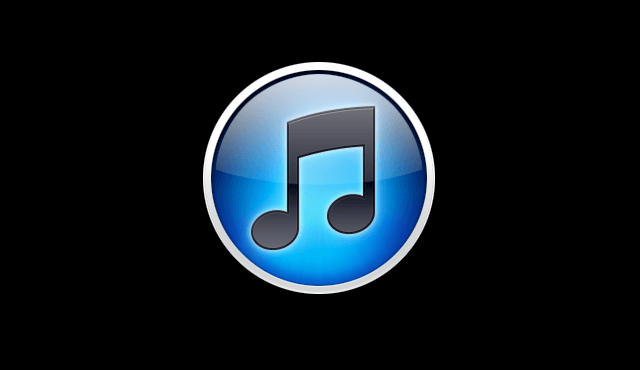Everyone at Apple should be patting themselves on the back after a record-shattering Q1 2015 financial quarter, in which the company raked in $74.6 billion in revenue and an impressive $18 billion in net profits.
But business unit was conspicuous in its absence from Apple’s celebratory earnings call and press release: iTunes.
Now that Apple has filed its 10-Q quarterly report with securities regulators, we now know why: Outside of the App Store’s continued success, iTunes was one of the few areas of Apple business that declined over the last three months. How badly? Read on to find out.
When it comes to digital media consisting of music, movies, TV shows and books, iTunes media declined 7 percent year-over-year. This continues a downward trend Apple has experienced in recent years, particularly with the rise of subscription-based streaming media providers over the pay-per-download model that Apple has operated with its iTunes Store since 2003.
In 2014, The Wall Street Journal reported that iTunes revenue had dropped 13 percent versus the previous year, which itself was down 5.7 percent from 2012. At the same time, music services like Spotify have overtaken iTunes in some markets, when it comes to earnings.
Apple has tried to fight back on several fronts, the most obvious of which is its $3 billion acquisition of Beats Electronics. The plan is reportedly for Apple to launch a revamped version of Beats’ streaming music service, possibly under the iTunes banner, early this year. Apple is allegedly looking to lower monthly subscription prices to just $5.
Earlier this month, Apple acquired U.K. startup Semetric, which runs a music analytics tool for allowing labels to track sales, BitTorrent, YouTube, Spotify and social-networking data for their artists.
Cupertino has also been speaking with artists in hopes of landing more exclusive album deals for iTunes, in line with the highly successful Beyonce album experiment from December 2013. This may be a long-term plan, however, as early talks with record labels are not going well.
Finally, Apple has been toying with new marketing strategies for iTunes — such as the company’s first attempt at a Tumblr blog late last year, and a new “Free on iTunes” section, designed to highlight lesser-known artists and TV shows.
Don’t worry too much, though, as the amount Apple is losing from declining media sales is more than made up for by the phenomenal success of the App Store, which makes more money than Hollywood. As Apple notes in its filing:
“iTunes generated a total of $2.6 billion in net sales during the first quarter of 2015 compared to $2.4 billion during the first quarter of 2014. Growth from iTunes was driven by increases in revenue from iOS app sales reflecting continued growth in the installed base of iOS devices, the expansion in third-party iOS apps available, and increased volume of in-app purchases; partially offset by a 7% year-over-year decrease in net sales of digital media consisting of music, movies, TV shows and books.”
Still, the sooner Apple can find a way to catch up to the likes of Spotify, the more it can shore up one of the few areas of its business that could be making more money than it already is. First-world problems, eh?
Source: SEC.gov



